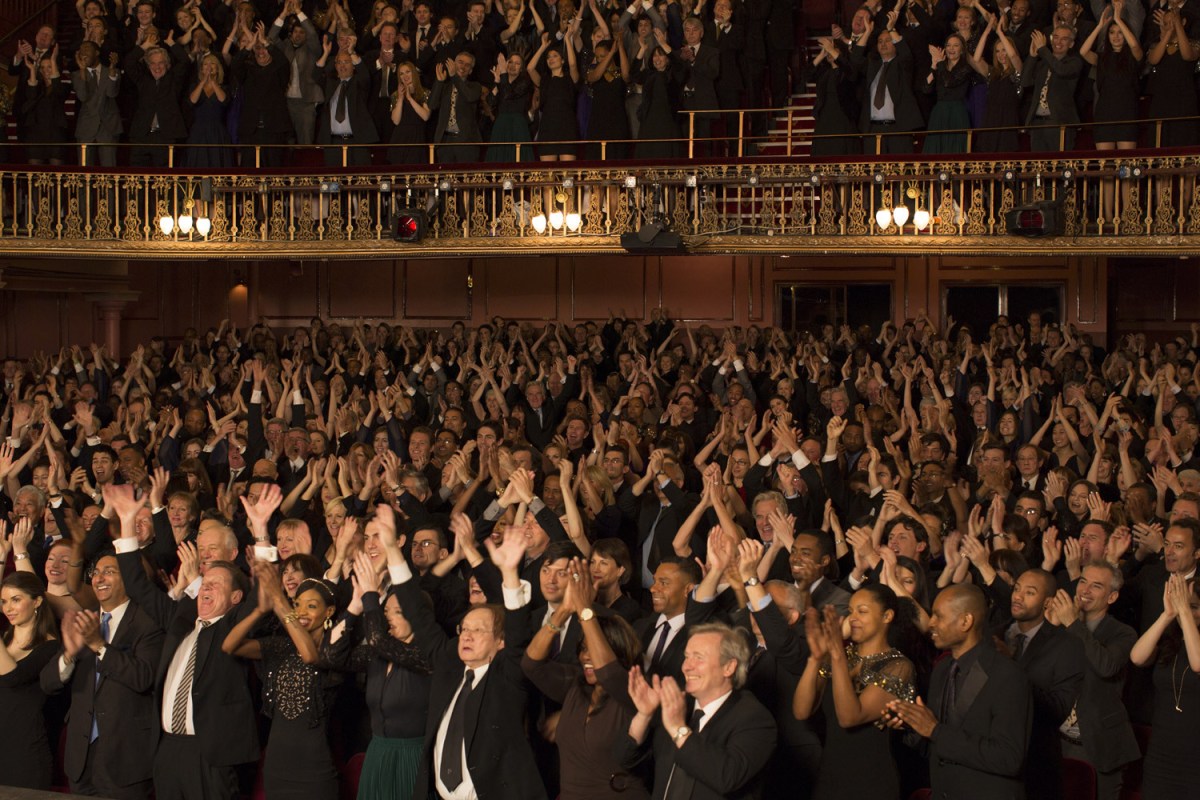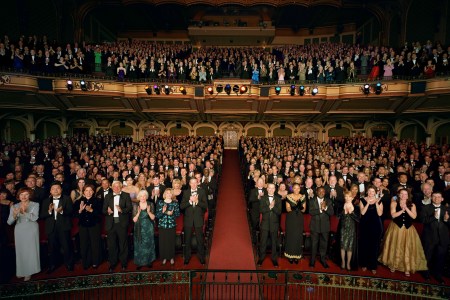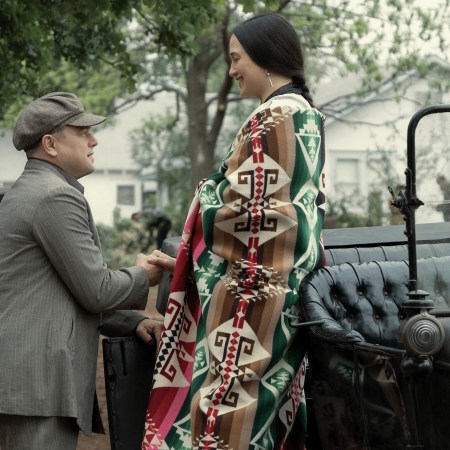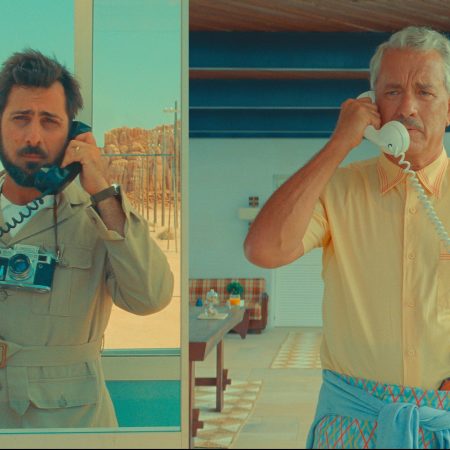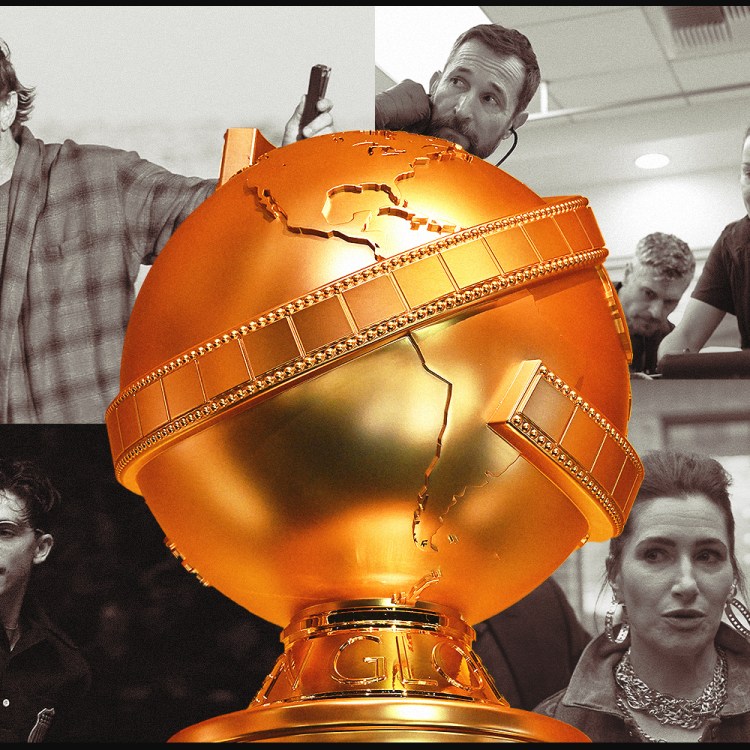It’s such stuff as film student daydreams are made of: you’ve worked your fingers to the bone to finish your feature, and miracle of miracles, you’ve landed a premiere at the Cannes, the most prestigious festival on the face of the earth. You rent the tux, make the flight to the south of France and take your seat alongside the cast and crew for the tensest screening of your young life. After successfully not voiding the contents of your stomach for two hours, the credits start to roll, and a beat of silence explodes into applause. Everyone’s on their feet, and they’re cheering for you. You did it! But wait — you open Twitter on your phone later that night to check on your press, and Variety is calling the five-minute standing ovation you received a “lukewarm reception.” (Turns out that in this fantasy, you’re James Mangold, and your movie is Indiana Jones and the Dial of Destiny.)
In what universe does five uninterrupted minutes of clapping and hooting qualify as “muted”? Welcome to the Croisette, where industry-trade reporters have made — and in some cases, are now trying to un-make — a horse-race sideshow out of clocking and comparing the spans of rapture that follow each gala debut. (Getting these numbers doesn’t require a stopwatch or anything, either, just the presence of mind to check your phone once when the lights come up and again when the din dies down.) As metric-minded management has turned up the fire of traffic imperatives under the collective ass of digital media in recent years, this type of SEO-baiting coverage has grown more commonplace; the image of crowds going nuts makes for grabby headlines, luring clicks with the first word of a newly-minted masterpiece. After the zillionth breathless account of vocal adulation, however, the seemingly compulsory marker of triumph has lost some of its luster.
They can’t all bring down the house, and yet those readers off-site going by firsthand anecdotes would get the idea that they do. The French are not an undiscerning class of cinemagoers, far from it; they will not hesitate to boo the selections they find disagreeable, as I fondly remember the gathered press corps doing in response to the half-hour sequence of a ghost cyberbullying Kristen Stewart in 2016’s Personal Shopper. Critical consensus landed on a much more positive appraisal of that Competition pick, underscoring the dissonance between the quantity of praise and the overall standard of quality. Going by the applause-o-meter, Guillermo del Toro’s Pan’s Labyrinth (a whopping 22 minutes of standing-O) would be the greatest film to ever play in the history of Cannes, a contention that a reverent cinephile such as himself would be first to refute. At 15 minutes of noise made, Lee Daniels’ The Paperboy — you know, the one where Nicole Kidman pees on Zac Efron to neutralize a painful jellyfish sting — sure beats the crap out of Martin Scorsese and Killers of the Flower Moon, what with their puny nine.
The Minutes-Long Film Festival Standing Ovations Are Getting Out of Control
There is no movie good enough to warrant standing and applauding for 15 minutes straightA number of factors determine how long these hullabaloos last, excellence least among them. The size of an ensemble can elongate the bravos, as the camera operator in the luxe 2300-seat Grand Théâtre Lumière zooms in on each of the principal actors one at a time for individual acknowledgement — the bigger the cast, the more time it takes. There’s also an element of relativity to all this, a paltry lineup making the rare good’n feel like a bigger deal than it would otherwise. Most important for laypeople to know is that the standing ovation has solidified into a pro forma foregone conclusion, all but required when the creative personnel involved in a film’s making can see the people reacting to it. Think of the formalwear-required gala screenings like a big Broadway musical, where the automatic rising serves as a gesture of gratitude instead of a ruling on the show itself. These people worked hard to do this for us, and it’s just good manners to thank them. In the press showings that the directors and actors don’t bother sitting through, my colleagues and I will put our hands together for the ones we like, but never from a vertical position.
(It’s also worth mentioning that actually sitting through one of these endless stroke-fests is weird and awkward. Humankind was not meant to clap for the duration of an episode of I Think You Should Leave without stopping. The hands start to sting after approximately five minutes, so maybe you decide to take a stand and stop. But then you remember that Juliette Binoche or whoever can see you, and because you don’t want to come off as rude, you sheepishly go back to clapping. There’s not much to watch while this happens, just the polite smiles of movie stars — if you’re lucky, someone might muster some tears, that’s always nice — and you wind up looking at your friends with a silent “how long are we going to do this?” kind of glance. You try to figure out who’s driving the plaudits in an effort to figure out when they might ebb, and gradually accept that it’ll happen for as long as it happens. This whole process grinds a forced joylessness into what’s supposed to be an expression of jubilation.)
Like film criticism itself, these standing ovations were never meant to be taken as a final, definitive referendum on the film in question, but rather one interest-piquing detail to consider as the viewing individual makes a decision about what’s worth their attention. Like so much of the Cannes experience — the ban on red-carpet selfies, the draconian and antiquated dress code organized by gender, the color-tiered caste system of badge accreditation — the obligatory effusions reinforce the image of self-important, glamorous spectacle on which Cannes subsists. It’s all for show, no more and no less, and should be enjoyed as such. For the vast majority of onlookers, Cannes plays out as a spectator sport, not about who wins or loses but the fun of (Official) Competition.
This article appeared in an InsideHook newsletter. Sign up for free to get more on travel, wellness, style, drinking, and culture.
